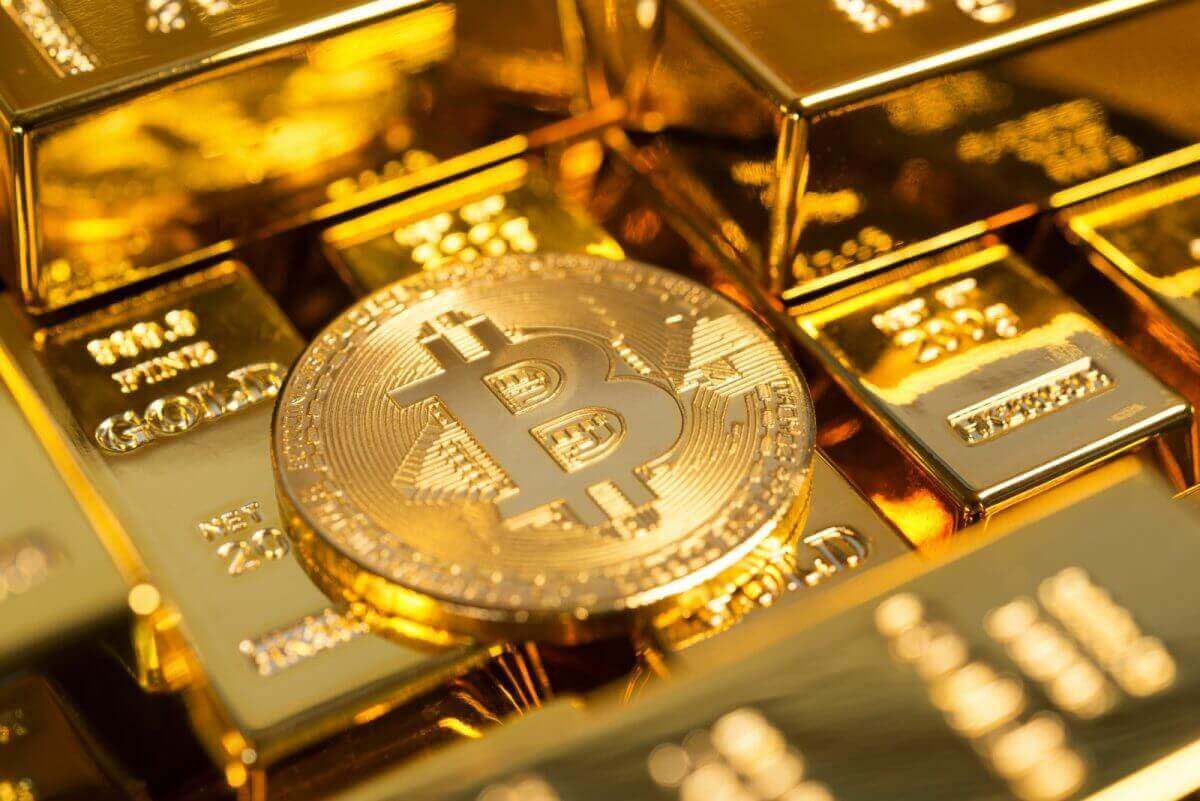Gold, Crypto, and China: The New Safe Havens for Asia’s Wealthiest Investors
15.05.2025 14:00 2 min. read Alexander Stefanov
Asia’s wealthiest investors are steering their portfolios in a new direction, stepping away from U.S. dollar assets and toward a blend of gold, digital assets, and Chinese markets.
The shift reflects a broader rethink amid rising geopolitical tension and volatile global markets.
According to UBS, demand for gold has surged among private banking clients in the region, as economic uncertainty pushes investors toward perceived safe havens. Cryptocurrencies are also making a comeback, joining commodities and foreign currencies as preferred diversifiers. Meanwhile, interest in China—once sidelined—is gaining new momentum.
Amy Lo, a regional head at UBS, explained that clients are no longer content with U.S.-centric exposure. Instead, they’re actively seeking growth in alternative regions and asset classes.
Adding to the appeal of Chinese markets is the recent rebound in Hong Kong’s stock index, one of the world’s top performers this year. Simultaneously, a temporary easing of trade tensions between the U.S. and China has helped reignite investor optimism.
At Morgan Stanley, portfolio strategists are seeing clients take a more measured approach. Christina Au-Yeung, a senior investment executive, emphasized that today’s wealth holders are far more risk-aware. The bank is recommending diversified allocations: a healthy mix of fixed income, equities, alternatives, and cash.
All this comes amid a global pullback from the dollar. According to Bank of America’s latest fund manager survey, U.S. dollar exposure is now at its lowest point in nearly two decades.
As capital begins to flow toward new global centers of gravity, Asia’s high-net-worth investors may be signaling the next era of wealth strategy—one less tied to traditional powerhouses, and more attuned to a shifting economic order.
-
1
U.S. Bank Advises Clients to Drop These Cryptocurrencies
29.06.2025 10:00 2 min. read -
2
Chinese Tech Firms Turn to Crypto for Treasury Diversification
26.06.2025 17:00 1 min. read -
3
FTX Halts Recovery Payments in 49 Countries: Here Is the List
04.07.2025 18:00 2 min. read -
4
What Are the Key Trends in European Consumer Payments for 2024?
29.06.2025 8:00 2 min. read -
5
What Brian Armstrong’s New Stats Reveal About Institutional Crypto Growth
29.06.2025 15:00 2 min. read
Here is Why Stablecoins Are Booming, According to Tether CEO
In a recent interview with Bankless, Tether CEO Paolo Ardoino shed light on the growing adoption of stablecoins like USDT, linking their rise to global economic instability and shifting generational dynamics.
U.S. Dollar Comes Onchain as GENIUS Act Ushers in Digital Era
In a statement that marks a major policy shift, U.S. Treasury Secretary Scott Bessent confirmed that blockchain technologies will play a central role in the future of American payments, with the U.S. dollar officially moving “onchain.”
JPMorgan Lawsuit Threatens Crypto Access and Open Banking Rights
JPMorgan and other major U.S. banks are under fire for a lawsuit aimed at dismantling the Consumer Financial Protection Bureau’s (CFPB) newly established “Open Banking Rule.”
Greed Holds as Market Momentum Builds: What is the Market Sentiment
The crypto market remains firmly in “Greed” territory, with CoinMarketCap’s Fear & Greed Index clocking in at 69/100 on July 19. Despite a modest 24-hour dip from 71, the index has now held above 60 for 11 consecutive days.
-
1
U.S. Bank Advises Clients to Drop These Cryptocurrencies
29.06.2025 10:00 2 min. read -
2
Chinese Tech Firms Turn to Crypto for Treasury Diversification
26.06.2025 17:00 1 min. read -
3
FTX Halts Recovery Payments in 49 Countries: Here Is the List
04.07.2025 18:00 2 min. read -
4
What Are the Key Trends in European Consumer Payments for 2024?
29.06.2025 8:00 2 min. read -
5
What Brian Armstrong’s New Stats Reveal About Institutional Crypto Growth
29.06.2025 15:00 2 min. read


